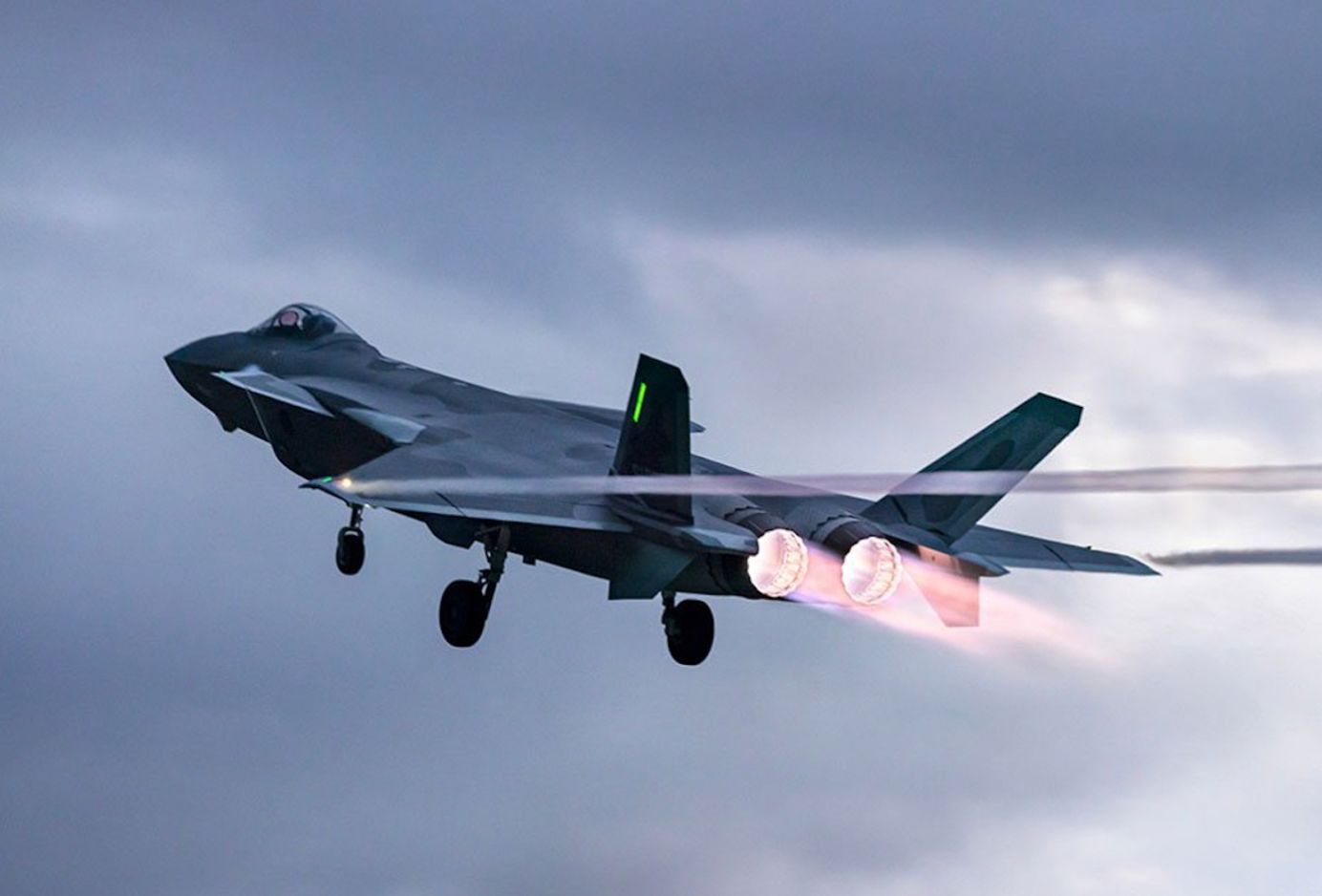The construction of a new high-speed railway line or Bullet Train Project in India, connecting Mumbai with the industrial city of Ahmedabad is underway. The Bullet Train Project in India is to be constructed after Japan’s Shinkansen system is a result of an agreement between Japanese PM Shinzo Abe and his Indian counterpart, Narendra Modi.
The Japanese Government seems to be perturbed by Bullet Train project in India. Tensions are already mounting due to rising costs due to haphazard policies of the Indian government, as per Japan Times. The land acquisition for the Bullet Train project is advancing at a very slow speed. Since India is a democratic country, the government is unable to acquire land at a fast speed, which is delaying the project and mounting the costs.
Is US Offering F-22 Raptor to India under Make in India Program?
Indian PM Narendra Modi recently approved, in principle, for the diversion of 77 hectares of forest land for the ₹1.08 lakh crore bullet train project. The authorizations have come with a rider that the remaining insufficiencies on pending claims under the Forest Rights Act, 2006, in proposals submitted by Gujarat and Maharashtra, must be cleared out as soon as possible.
A pathbreaking commemoration was held in Ahmedabad which was attended by both Abe and Modi for the Bullet Train project in India. The total cost of the project was set at 1.08 trillion INR. Of that total, 880 billion INR designated for the actual construction work is to be funded by loans from the Japanese government with an astonishing interest rate of 0.1 percent per annum and repayable in 50 years. The agreement of the loans, which a Japanese Foreign Ministry official said are “exceptionally generous,” demonstrate how fascinated Tokyo is with the Bullet Train project.
Japan to Partner India to Counter Rising China Military Power
Even though elevated tracks were initially planned to cover 144 km’s which is approximately 28% of the total the elevated portions have been made much longer and the embankments much smaller. According to Japan Times, the Indian government made the modifications as they believed it was time-consuming to purchase land and pose inherent vulnerability of trains colliding with people and cattle. The real reason for modification was that purchase of land is not covered by loans from Japan and India just wanted to reduce the cost of constructing Bullet Train. Eventually, about 90% of the entire Bullet Train project in India will be elevated. Now Japan faces the probability of foolishly pouring in massive amounts of Japanese taxpayers’ money into the Indian Bullet Train project.
Must Read at EurAsian Times: Is Growing Chinese Influence Hampering Pakistan FDI and Turning Investors Away?




